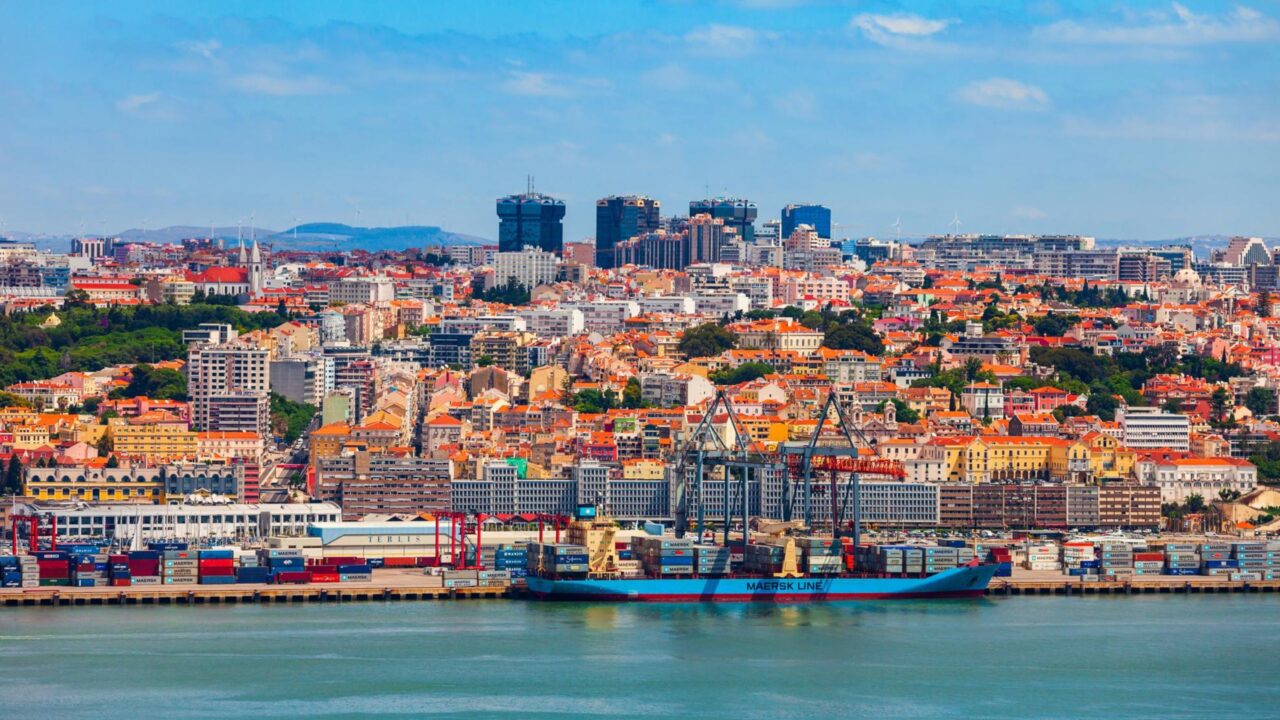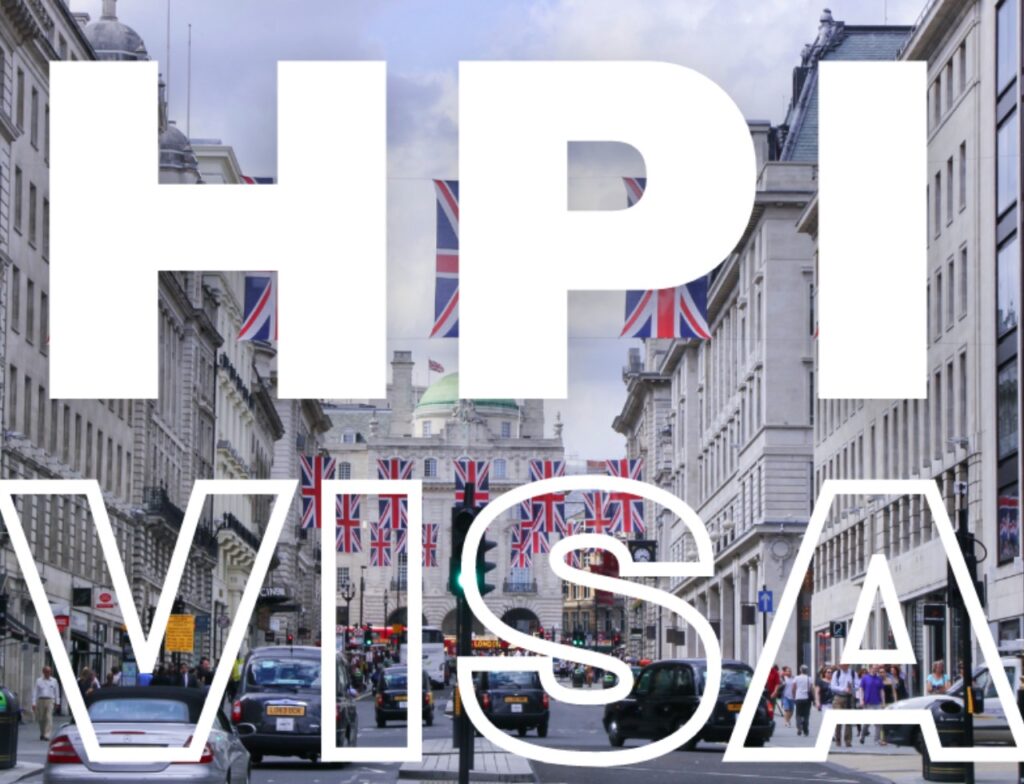Touted once as one of the most welcoming countries in Europe, Portugal is now taking serious steps towards revising its immigration policy. The rightist government has recently annulled the “manifestation of interest” mechanism—an important stipulation that earlier made residency easier for non-EU residents.
Residency Rules Changed
Through the “manifestation of interest,” non-EU nationals were granted permission to come to Portugal without getting a job first. They were granted residency after having paid social security for a year. It was very popular with digital nomads—remote workers paying into the social security system while living and working from Portugal—and those working in lower-wage sectors, where they might not have been able to find pre-approved employment.
Advocates of this residency route make the case that it integrated more people into Portugal’s formal economy, who could then pay tax as they settled into more permanent employment. Others have blamed the inflow of foreign workers for Portugal’s continuing housing crisis, though this is disputed by those on the left.
Economic impact of migrants
Migrants play a crucial role in Portugal’s economy, contributing up to 14% of the total economic output. In 2022, they contributed around €1.6 billion ($1.7 billion) to the economy while receiving €257 million ($280 million) in social security benefits. Despite these contributions, Prime Minister Luis Montenegro’s government has said it is worried about out-of-control immigration.
Montenegro stated, “We want to receive people who will be able to contribute to a more just and prosperous society in Portugal. We cannot, however, go to the other extreme and continue with our doors open.”
New Focus on Immigration
The government will introduce new criteria to make immigration more selective. Those that are to be fast-tracked include people from Portuguese-speaking countries, students, and highly skilled workers. According to the Portuguese outlet Publico, the most affected by the changes will be immigrants from India, Nepal, and Bangladesh.
There are now some 400,000 processes of regularisation pending in Portugal. The government is looking to hire more staff and create a task force to work through the backlog.
Broader policy shifts
Since taking office in April, Prime Minister Montenegro has pressed for a tightening in immigration policies. Last year, Portugal broke up much of its golden visa programme, which granted residency to foreigners who bought at least €350,000 ($380,000) of property in popular cities such as Porto and Lisbon. Then lawmakers announced the end, in 2024, of the so-called nonhabitual residency, or NHR, tax scheme, granting foreigners a flat income tax rate of 20 percent for up to 10 years. This impending change has generated a rash of residency applications.
These measures are in place to prevent rich foreigners from holding up property prices and making housing too expensive for the local Portuguese. The recent changes to policy, however, seem to cut down sharply on the inflows of low-skilled migrant workers by putting additional barriers to entry into Portugal. In spite of these changes, early indications are that house prices in Lisbon are continuing to rise faster than those in other European cities, suggesting that there are continuing pressures on the housing market.
Conclusion
The revamped immigration policies of Portugal therefore mark a huge departure from the traditionally warm welcome that the country has given. It shall be interesting to examine the possible effects on the economy, real estate market, and immigrant groups while the government starts giving preferential treatment and tightening its regulatory clamps. Most of all, this trend demonstrates a global phenomenon as countries revise their policies on immigration in light of economic pressures and social dynamics.





